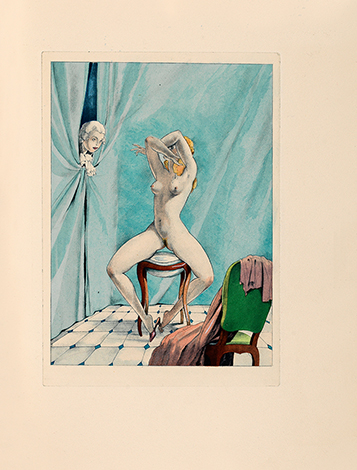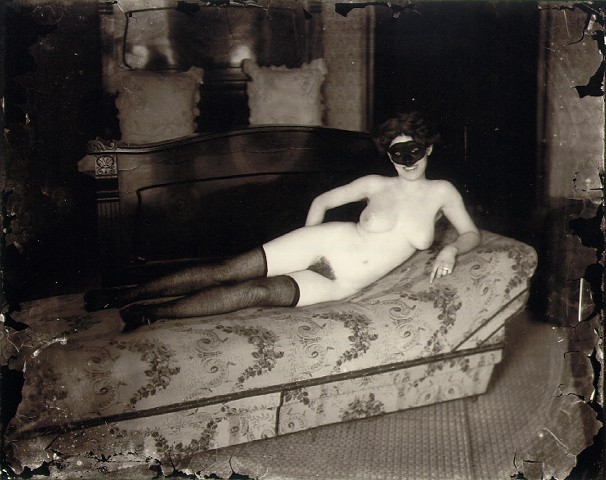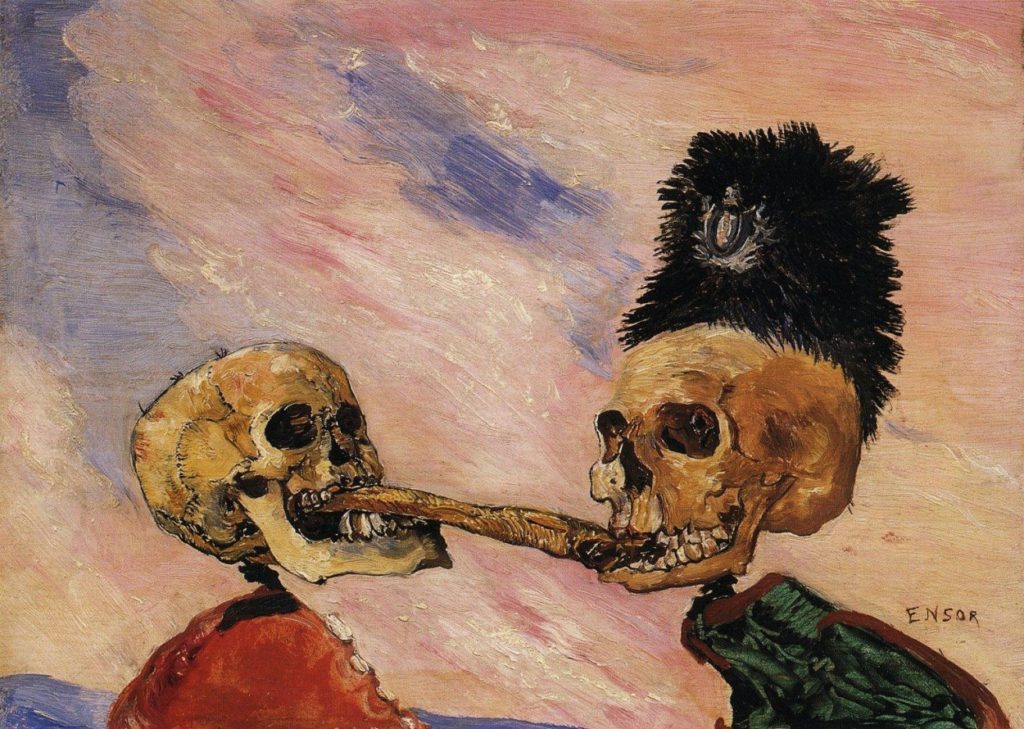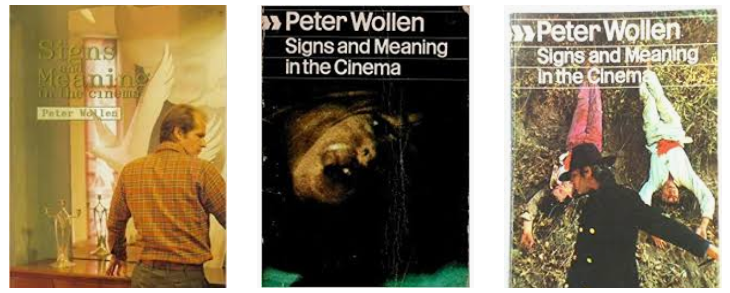Syd Mead was an American concept artist best known for his work on Blade Runner (1982), Tron (1982) and Aliens (1986).
His death comes only three months after the death of Luigi Colani (1928 – 2019) who was in a different but comparable branch of concept art.
Both Colani and Mead were obsessed with futuristic aerodynamics.




